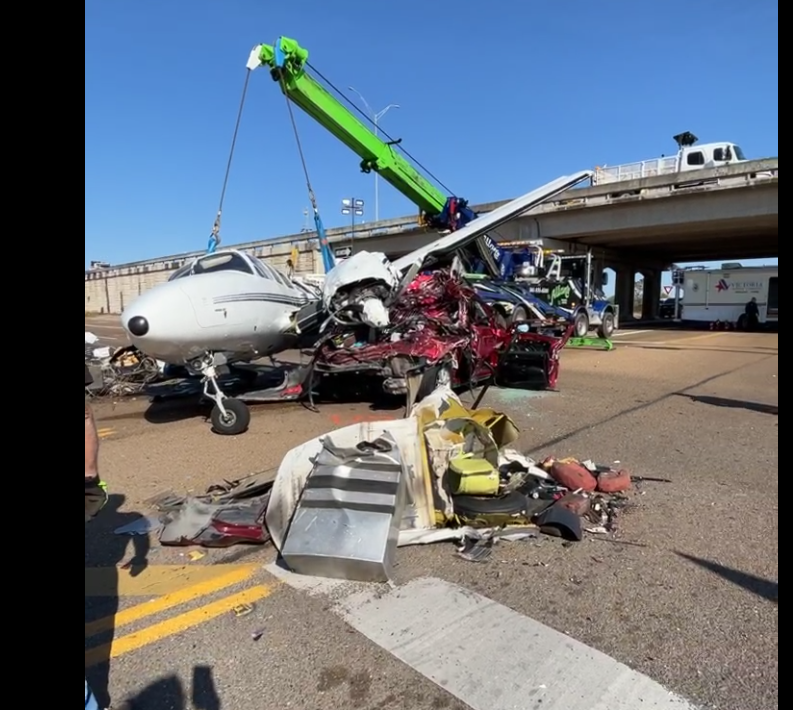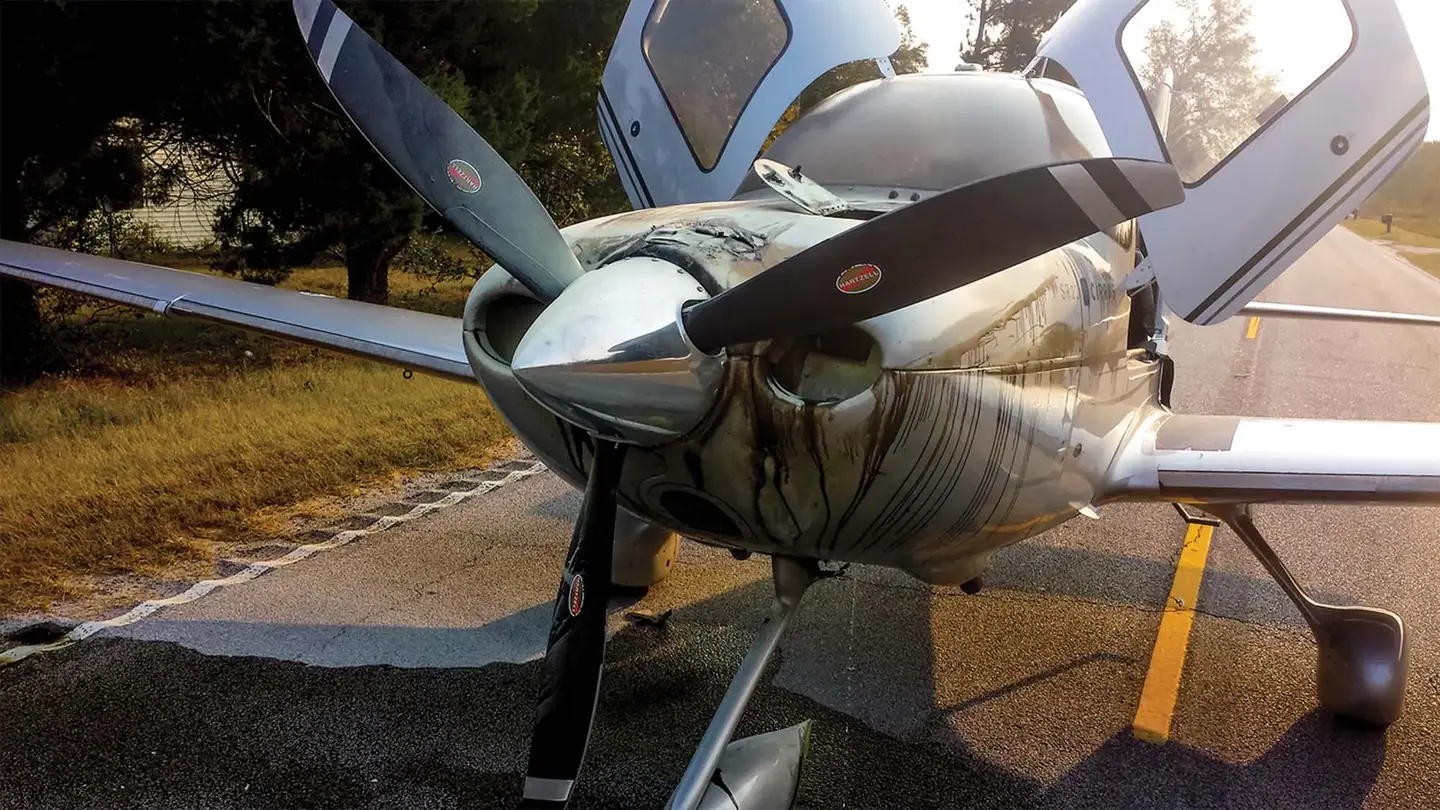Guest Commentary: Metro High
A lot of stuff goes on behind the scenes at an FAA radar facility that pilots never see. And that’s probably a good thing. Here’s a guest commentary submitted by a loyal AVweb reader about a recent system deviation. It’s a deviation that didn’t really threaten any aircraft nor require abrupt maneuvering. But because of the ATC system’s outdated equipment and often-overloaded sectors, it’s a deviation that need not have happened. The “deal” was real, but as they used to say, “the names have been changed to protect the innocent.”

 Robert Jenkins had a system deviation today. He was workingMetropolis-highR-side and the sector was down the tubes. Busy, busy, busy. Somewhere in therehe ran a guy into Southwest Center's Capital City-high's airspace. Bad news. That's ano-no in air traffic control, running a guy into someone else's airspace withouta handoff.
Robert Jenkins had a system deviation today. He was workingMetropolis-highR-side and the sector was down the tubes. Busy, busy, busy. Somewhere in therehe ran a guy into Southwest Center's Capital City-high's airspace. Bad news. That's ano-no in air traffic control, running a guy into someone else's airspace withouta handoff.
Southwest Center, at least the system we work with, is notorious for not takinghandoffs. You get on the landline and start shouting at them, "Handoff!Handoff!" but they don't answer, they don't take the handoffs, and theycause a lot of consternation, trouble and, in this case, paperwork.
 A system deviation is a bad thing. It causes a lot of grief for all hands.The controller usually has to go through remedial training of some sort and thenbe recertified on that position. In today's case there was a supervisor standingright behind him watching all this happen. This particular supervisor is checkedout on that very sector Robert was working so he knew what to look for, whatproblems Robert was encountering and what difficulties he was facing. At onepoint Robert called for a "handoff man" - which is really an extra setof eyes to watch what's going on - but in this case the request came too late.
A system deviation is a bad thing. It causes a lot of grief for all hands.The controller usually has to go through remedial training of some sort and thenbe recertified on that position. In today's case there was a supervisor standingright behind him watching all this happen. This particular supervisor is checkedout on that very sector Robert was working so he knew what to look for, whatproblems Robert was encountering and what difficulties he was facing. At onepoint Robert called for a "handoff man" - which is really an extra setof eyes to watch what's going on - but in this case the request came too late.
 The idea is that if a handoff cannot be made, the aircraft must be containedin your own airspace. Robert waited too long to spin the aircraft and it gotdown in Capital City-high about five miles before it turned back northbound. About thetime it turned northwards Capital City-high finally took the handoff but by then itwas too late - the violation had occurred.
The idea is that if a handoff cannot be made, the aircraft must be containedin your own airspace. Robert waited too long to spin the aircraft and it gotdown in Capital City-high about five miles before it turned back northbound. About thetime it turned northwards Capital City-high finally took the handoff but by then itwas too late - the violation had occurred.
Sometimes the receiving controller, Capital City-high, would be receiving thehandoff, and would say something like, "I've been watching him all thetime," or "I thought I took the handoff." That would clear theoffending controller, keeping everything legal and almost above board. Today,however, with a supervisor watching, there was no choice but to turn it in.
So it was turned in. Robert got pulled off the boards and the paperworkprocess started. Tapes are pulled, statements are taken and eventually somethingwill happen, a decision made as to what sort of "rehabilitation" thecontroller, in this case, Robert, will have to go through before beingrecertified.
One problem here is that these incidents are fairly traumatic to the averagecontroller, especially the older ones. For years management harped and harpedabout avoiding system errors and deviations, telling of the dire consequencesthat would befall any unfortunate soul who had one. Lately they haven't and theyounger controllers have a different attitude towards deals and deviations.Older guys try to avoid them like the plague. Younger guys say, "What's the bigdeal? I'll just get recertified."
 One problem with the FAA's approach to system deviations and errors is thatit, management, wants to blame someone, some person, and not the ATC system or apart thereof, as being responsible for the error. Today's deviation was causedby two factors, first and foremost being Robert's failure to make sure SouthwestCenter took the handoff. The other factor, however, was the fact that the"automated handoff" feature didn't kick in and the computer handoffhad to be manually entered in the computer. This was done very late. Had thefeature, which is supposed to work all the time, worked as advertised, today'sdeviation wouldn't have happened.
One problem with the FAA's approach to system deviations and errors is thatit, management, wants to blame someone, some person, and not the ATC system or apart thereof, as being responsible for the error. Today's deviation was causedby two factors, first and foremost being Robert's failure to make sure SouthwestCenter took the handoff. The other factor, however, was the fact that the"automated handoff" feature didn't kick in and the computer handoffhad to be manually entered in the computer. This was done very late. Had thefeature, which is supposed to work all the time, worked as advertised, today'sdeviation wouldn't have happened.
So Robert will get the blame. Contributing factors like the automated handofffeature not working, the Capital City-high controller not taking the handoff or evenanswering the handoff line, and the supervisor's failure to get the"handoff man" in there might be mentioned in the controllers' statements and might,might, even be listed as contributing factors, but will be discarded as theprimary cause, if they are mentioned at all.






